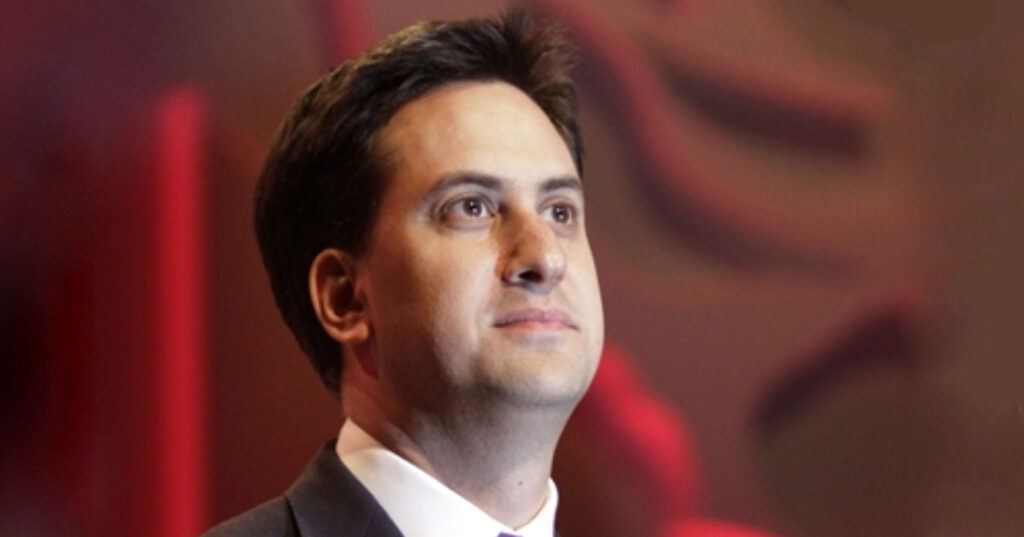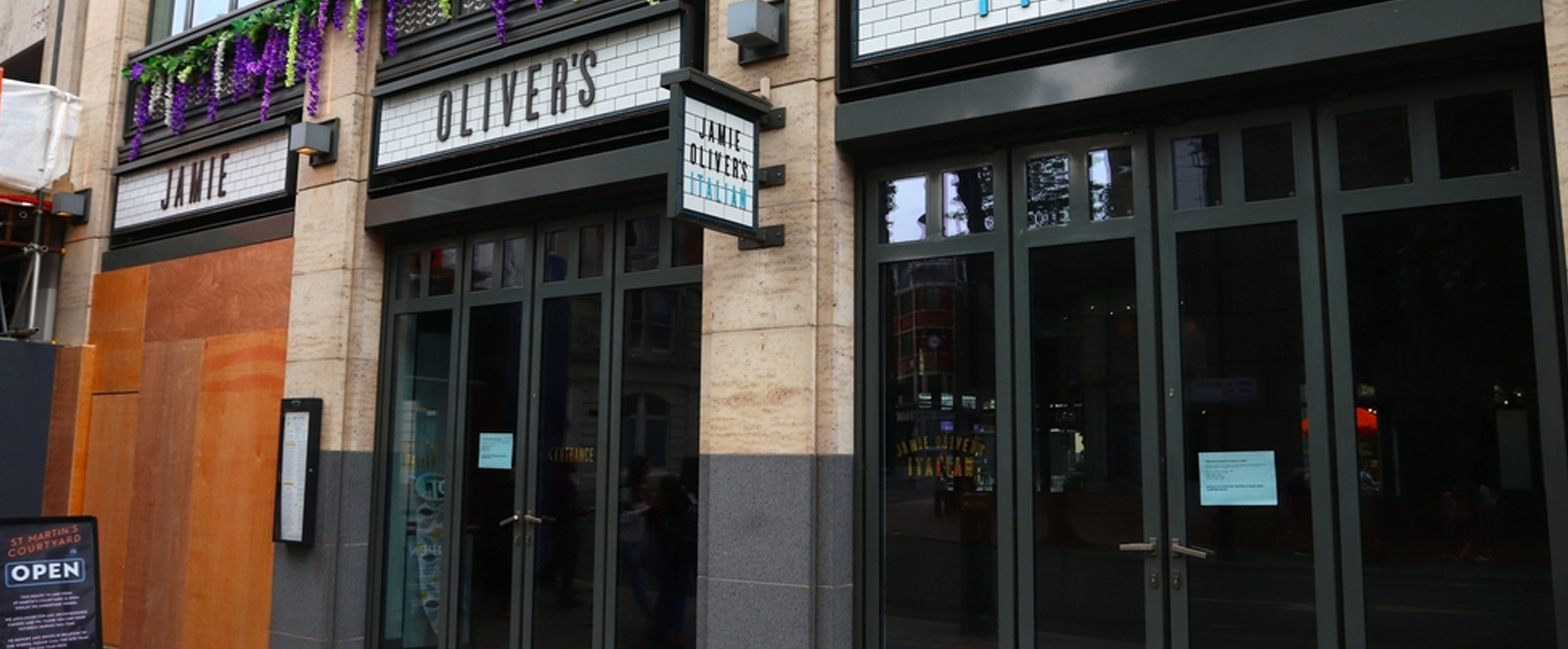
Like a large proportion of the nation, I have been riveted in recent months by many of the revelations and claims made during the Leveson inquiry into press standards.
Yet my fascination with the inquiry grew to new levels earlier this week as the two most recent leaders of the Labour Party appeared to show signs that they were suffering from amnesia.
On Monday, Gordon Brown, the former Prime Minister, swore on oath that he did not, as Rupert Murdoch had claimed, declare war on the media boss and his newspaper empire after losing the support of The Sun newspaper. Clearly either Mr Brown or Mr Murdoch lied to the inquiry – or had a truly dismal recollection of events. I do not pretend to know which one misled Lord Justice Leveson (although I do know that jaws almost hit the floor in the press box when Mr Brown also denied that he had ever authorised briefings against Tony Blair).
However, what I do know, without a shadow of doubt, is that the current Labour leader, Ed Miliband, misled the inquiry yesterday. For the Labour leader said that when he had hired Tom Baldwin as his director of communications, I had, effectively, not made allegations that the former political journalist for The Times had (along with his colleagues) been responsible for obtaining, and using, private details of my banking transactions.
Just as they say the camera never lies, neither does the calendar. Mr Miliband – in an astonishing error of judgement – formally appointed Mr Baldwin as his press supremo in December 2010. Yet my book, Dirty Politics, Dirty Times was first published fully five years earlier – in 2005. And it was in my book that I first put Mr Baldwin at the forefront of a series of revelations made about The Times and its senior journalists and lawyers.
In the book, I claimed that the paper had hired a private detective to obtain information about donations I had made to the Conservative Party bank account held by the Royal Bank of Scotland.
In my book, I wrote of The Times’s tactics, in general, and Mr Baldwin’s, in particular: “At this point [November 1999], the information [about my political donations] had come into Mr Baldwin’s possession. He wanted to muddy the waters, to obscure its dubious origin, and he was also keen to create as much havoc as possible for the Conservative Party. He therefore took the rare, almost unheard-of, step of giving the details about my funding to two other senior journalists on rival newspapers – the Guardian and the Independent.’ The two journalists in question were David Hencke of the Guardian and Andrew Grice of the Independent.
Just in case Mr Miliband’s memory is still failing him, I used the very same book – yes the one published five years before Mr Baldwin’s appointment as his press supremo – to reveal that Mr Baldwin had snorted cocaine at the Conservative Party conference in 2001. It is yet another criminal offence that Mr Miliband was all-too-willing to overlook when he appointed Mr Baldwin.
My short mention at the Leveson inquiry yesterday was muddied by a series of incorrect statements. To start with, the normally razor-sharp and precise Robert Jay QC, when questioning Mr Miliband, said that Dirty Politics, Dirty Times “didn’t, I think, make any specific allegations against Mr Baldwin, although [it] suggested he might have been involved in some way. Was that specific issue one which you discussed with Mr Baldwin?” In fact, my book made a series of sweeping disclosures about illegal activities by Mr Baldwin – revelations over which he has never sued.
Mr Miliband’s reply to Mr Jay’s question was: “Well, it’s complicated, this, because when I hired Mr Baldwin, Lord Ashcroft hadn’t yet made the allegation — the specific allegation that he would later make – that Tom Baldwin had blagged his way, if that’s the right term, into Lord Ashcroft’s bank account. That was an allegation he made the following July in a blog… But once that all arose, when he did make that allegation, I did, of course, ask Tom Baldwin about it. He denied it. My chief of staff spoke to the former editor of The Times, the person who had been his boss, Peter Stothard, who also said he believed the allegation was untrue.”
Just for the record, I have never accused Mr Baldwin personally of “blagging” – impersonating someone else to obtain confidential information.
What he and a handful of his colleagues at The Times did was to commission an outside party – a private investigator – illegally to obtain information relating to me. And then Mr Baldwin used this information in an attempt to discredit me. That is what I said in 2005 and that is what remains true to this day.
It is, however, correct that I repeated and slightly expanded upon my allegations against Mr Baldwin in a blog posted on Conservative Home in July 2011 but, by then, Mr Miliband must have been one of the very few people in Westminster who was, apparently, unaware of my string of previous disclosures about his pr supremo.
If Mr Miliband got “denials” from both Mr Baldwin and Mr Stothard, then he either did not ask the right questions of them (such as: “Did you/Mr Baldwin ever do anything illegal to obtain confidential information about Lord Ashcroft?) or else he was misled by them. It was my colleague, Tim Montgomerie, who posed the right ten questions to Ed Miliband about phone hacking and Mr Baldwin in a blog on ConservativeHome.
I should remind Mr Miliband – and perhaps also Mr Baldwin – that those individuals deemed to have misled Lord Justice Leveson run the risk of being recalled to the inquiry.
Read this story on ConservativeHome



